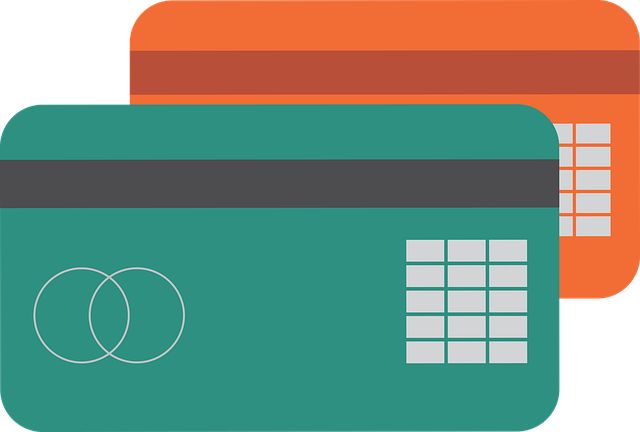Turn the Tables on Your Creditors
You may owe the debt, but there are rules for collection. Know your rights and you may be able to turn the tables on your creditors.
The Fair Debt Collection Practices Act (FDCPA) makes abusive, unfair or deceptive collection practices illegal. There are punitive fines that can be levied on abusive debt collectors. The FTC makes information available on the FDCPA, but an attorney can go in depth on how the FDCPA can give you relief.
Covered Debt
To know when actions are illegal, lets start with type of debts covered under the FDCPA

- Credit Card debt
- Auto Loans
- Medical Bills
- Student Loans
- Mortgage
- Household Debts
Debt Not Covered: Business Debts

Allowed Contact Times
Debt Collectors can call you from 8:00 a.m. to 9:00 p.m. unless you give permission otherwise. Debt Collectors cannot call you outside of these hours or contact you at work if they are told you are not allowed to get calls there.
Allowed Method of Contact

Debt Collectors can call, send letters by mail, email or text messages to collect a debt.
So How Can you stop a debt collector from contacting you?
You or your attorney can send a letter by mail for contact to stop. Keep a copy of the letter and send in a way to confirm receipt: certified mail, priority mail with delivery confirmation, FedEx or UPS etc. Once the collector receives your letter, they can only contact you to confirm it will stop contacting you or to tell you a specific action like filing a lawsuit. If you are represented by an attorney and inform the collector, the collector must communicate with your attorney, not you. The exception is if your attorney fails to response within a reasonable period of time to the debt collector’s communication. Every communication you have with the debt collector should be logged and or documented.
Who can the Debt Collector discuss my Debt with?

You and/or your spouse, and your attorney if you are represented. A collector can contact others to gain your address, home phone number and where you work, but cannot repeatedly contact others to pressure you.
Debt collector required debt communication
A collector has to send you a written “Validation notice:” within five days of first contacting you. The notice must contain:
- Amount owed
- The Name of creditor owed
- Recourse if you don’t think it is your debt
What if I don’t think I owe the debt?
You can ask the debt collector for verification of the debt. If you send the written request within 30 days of getting the validation notice, the collector has to send you written verification of the debt. This can be a copy of a bill for the amount you owe.
Debt collectors may NOT
Harass you.
- Threaten you with violence or harm
- Use obscene or profane language
- Repeatedly use the phone to annoy you
Lie to you
- Misrepresent the amount you owe
- Lie bout being attorneys or government representatives
- Falsely claim you will be arrested, or claim legal action will be taken against you if it isn’t true.
Engage in unfair practices
- Collect interest, fees or other charges above your debt unless the original agreement or your state allows it.
- Deposit a post-dated check early or process your payment before the agreed date
- Take or threaten to take your property unless legally permitted (based on agreement or state or federal law)
The Federal Debt Collector Practices Act is created to protect you, but many nuances make the difference in how it can protect you. Click on FDCPAhub.com for an attorney who can review your own situation and inform you of potential claims you may have on the creditor.
